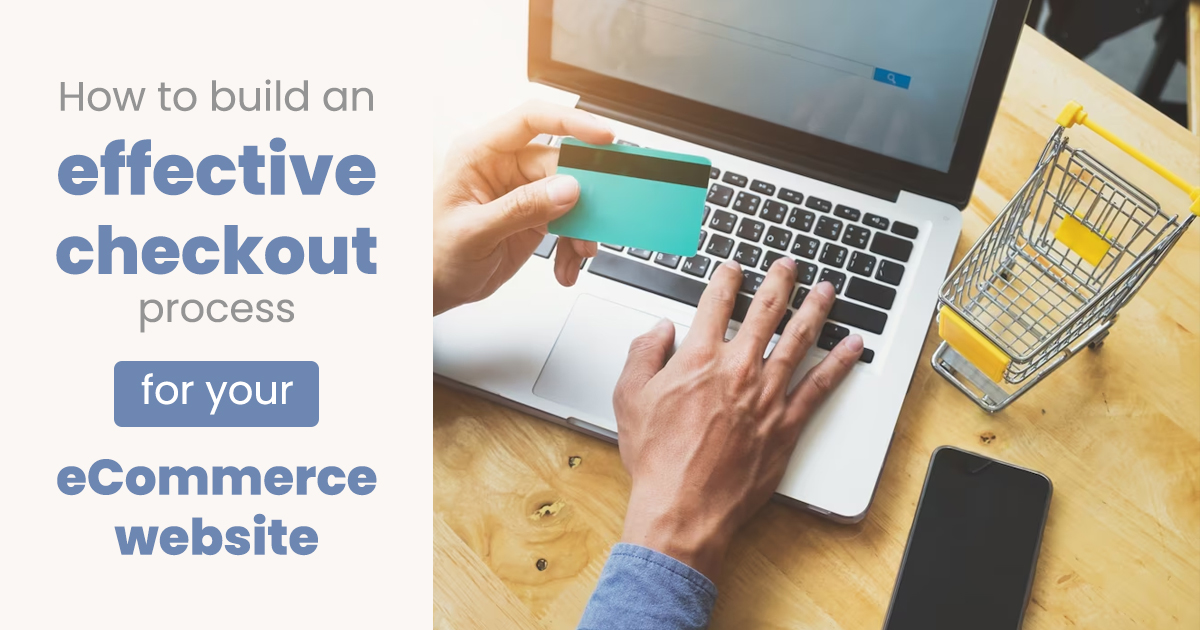Essential Features Every E-commerce Website Should Have
E-commerce has become an integral part of modern businesses. No longer confined to brick-and-mortar stores, shopping has shifted to the digital realm, offering customers the convenience of online transactions. So, if you're considering launching or revamping an e-commerce website, it's essential to get the basics right.
In this guide, you'll uncover the key features every e-commerce website must have to guarantee customer satisfaction and drive sales growth. Before engaging a digital marketing agency like Boldist, bear these points in mind:
1. User-Friendly Design
No one enjoys shopping in a disorganized, confusing store. Therefore, don't expect your customers to navigate a cluttered website. As an e-commerce site owner, prioritize a clean, intuitive design that leads users smoothly from one step to the next. It also means having:
a. Consistent Layout: Maintain a consistent page layout throughout, which helps users know where to find essential elements like cart, search, or categories.
b. Logical Navigation: Be sure your menu items and categories make sense and allow users to find products or information without confusion. This straightforwardness can enhance the user experience, keeping visitors engaged and encouraging sales.
2. Clear Product Descriptions And Images
When shopping online, customers can't physically touch or try out products. To generate leads and increase your sales, it would help to have detailed product descriptions and high-quality images. In terms of product descriptions, they should be thorough, highlighting key features, materials used, and benefits.
On the contrary, images must be crisp and well-lit. Think about incorporating zoom capabilities and shots from multiple angles for a more detailed product view. In addition to high-quality photographs, you could also use tools that create images from texts to generate visuals when product photography is unavailable, giving a unique advantage in visual marketing. Additionally, videos or 360-degree view tools can offer a more immersive experience, bridging the gap between in-person shopping and the online realm.
3. Responsive Design
Shoppers today use various devices to make purchases—be it desktops, tablets, or smartphones. Ensure your website adjusts seamlessly to any screen size. A responsive design doesn't just improve the user experience; it can also boost your website's search engine ranking. This flexibility guarantees optimal content display, eliminating the need for users to constantly resize or scroll horizontally. ou can explore website builder software that supports responsive design to make this process easier.

4. Robust Security Measures
Customers trust you with their personal and financial details. Don't let them down. Instead, reward this trust with top-tier security features, including Security Sockets Layer (SSL) certificates, to safeguard transactions. Two critical components to bolster security are:
a. Regular Monitoring And Updates: Consistently monitor your website for potential vulnerabilities and apply updates to plug any security gaps. This proactive approach keeps you ahead of cyber threats.
b. Two-Factor Authentication (2FA): Consider adding 2FA for customer accounts. This extra layer of security requires users to verify their identity, ensuring better protection against unauthorized access. Regularly updating your site's security measures and educating customers on the importance of strong, unique passwords can further protect against evolving threats.
5. Trust Signals
Trust is the bedrock of online commerce. Without it, potential customers can quickly become wary and move on. Trust signals play a pivotal role in building this confidence:
a. Customer Reviews And Testimonials: Authentic feedback from previous buyers showcases the reliability and quality of your products. A product with numerous positive reviews can significantly influence a potential buyer's decision.
b. Industry Certifications: Displaying certifications or affiliations with reputable industry organizations indicates a commitment to quality standards, further enhancing your credibility.
c. Secure Payment Badges: Highlighting secure payment options, like showcasing badges of renowned payment gateways, assures customers that their financial information is safeguarded. Offering such trust signals can effectively bridge the trust gap, providing reassurance to visitors and nudging them closer to a purchase.
6. Effective Search And Filter Options
Help users find what they're looking for quickly and efficiently. Implement a powerful search function coupled with various filter options. Whether they want to sort by price, popularity, or relevance, give them the tools to streamline their browsing experience.
A robust search mechanism reduces user frustration and boosts satisfaction, leading to increased sales. It's especially important for an online marketplace platform because of the much larger product range and number of categories. Moreover, understanding common search terms allows businesses to better cater to their audience's needs.
7. Easy Checkout Process
A straightforward checkout process can spell the difference between a completed sale and a cart abandonment. Don't lose a sale due to a cumbersome checkout. Minimize the steps needed to complete a purchase by providing options such as:
a. Guest Checkout: Not everyone wants to create an account. Offering a guest checkout option allows for a quick purchase without the need for registration.
b. Save User Details: For repeat customers, the ability to save payment and shipping details can expedite future checkouts. It's all about reducing friction.
c. Transparent Costs: Display shipping costs, taxes, and any additional fees. No one likes surprise charges during checkout. Offering these enhancements can streamline the process, ensuring customers have a hassle-free online checkout experience.

8. Transparent Shipping And Return Policies
Customers want clarity on shipping charges and delivery times. Be upfront and transparent. Detail the regions or countries you ship to, any associated fees, and expected delivery windows. Similarly, offer a clear and fair return policy. You can do this by outlining the conditions under which returns are accepted, any costs involved, and the process to follow.
In addition, confidence in the return process can influence potential buyers' decisions. Transparency in these areas reduces uncertainty and can enhance customer loyalty.
9. Reliable Customer Support
Every customer, whether browsing or buying, seeks assurance that help is available when needed. Reliable customer support serves as a safety net, ensuring shoppers have a go-to point for inquiries, concerns, or issues. To achieve top-notch customer support:
a. Immediate Response: Incorporate instant chat features or chatbots to provide answers in real-time. Prompt assistance can prevent potential cart abandonments.
b. Diverse Support Channels: Besides chat, offer support through email, phone, and even social media platforms. Different customers have different communication preferences. By covering these bases, you not only build trust but also enhance the overall shopping experience for your users.
10. Mobile Optimization
With the rise of mobile shopping, optimizing your e-commerce site for mobile is paramount. Mobile users expect swift loading and easy navigation. Some key features to focus on include:
a. Streamlined Layouts: Ensure your design is decluttered and focuses on essential elements to facilitate quick decision-making.
b. Touch-Friendly Interfaces: Buttons and clickable elements should be appropriately sized and spaced, making it easy for users to tap without errors. A seamless mobile experience keeps users engaged and reduces the chance of cart abandonment.
Conclusion
The digital shopping landscape is vast and ever-evolving. However, the fundamentals remain the same. Prioritize your customers' experience and security, and you'll lay the foundation for a successful e-commerce website. After all, it's the small details and thoughtful features that set you apart in the bustling world of online commerce.







